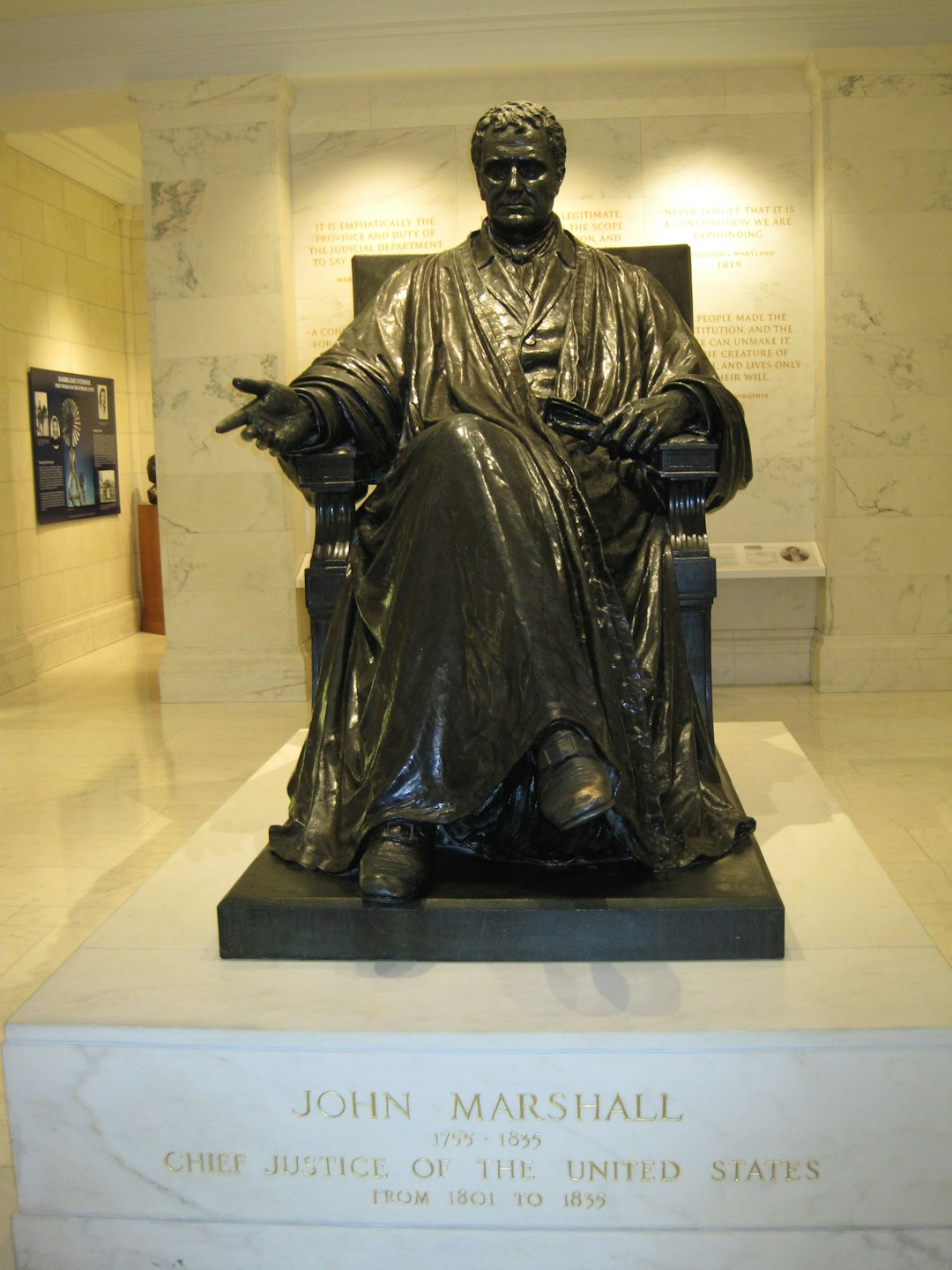One Of Worst Decisions in Recent U.S. Supreme Court History Is All But Ignored...
Court carves out exception to First Amendment; Says federal employees cannot be sued for violating citizens' right to free speech

The U.S. Supreme Court recently issued a decision that significantly erodes the U.S. Constitution’s right to free speech.
It is one of the only issues in recent memory that both extremes of the Court agreed about.
So if a federal official comes down on you like a ball peen hammer because of something you said, he or she is …

